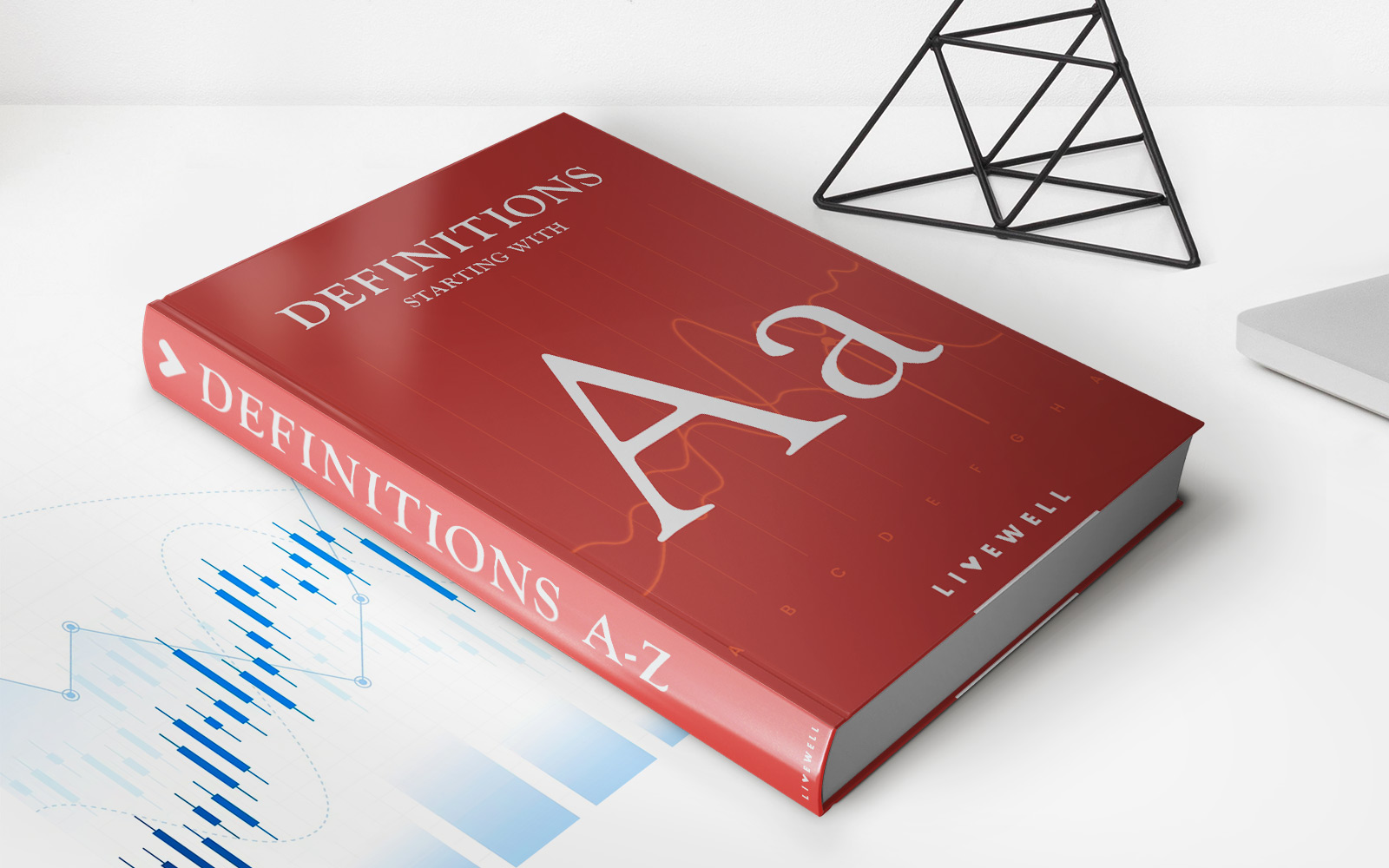Home>Finance>What Is Considered A Full-Time Student? Hours Defined


Finance
What Is Considered A Full-Time Student? Hours Defined
Published: November 1, 2023
Learn what is considered a full-time student in terms of hours, defined by financial institutions. Get insights into finance and education.
(Many of the links in this article redirect to a specific reviewed product. Your purchase of these products through affiliate links helps to generate commission for LiveWell, at no extra cost. Learn more)
Understanding Full-Time Student Hours and its Financial Implications
When it comes to defining what is considered a full-time student, the question can often be met with confusion and uncertainty. Understanding the criteria for being a full-time student is essential, as it can have significant financial implications. In this blog post, we will delve into the topic of full-time student hours, providing clarity on the matter and shedding light on the impact it can have on your finances.
Key Takeaways:
- Full-time student status is generally determined by the number of credit hours a student is enrolled in during a semester.
- Financial aid eligibility, health insurance coverage, and tax benefits can be influenced by full-time student status.
In most educational institutions, including universities and colleges, the designation of a full-time student is primarily based on the number of credit hours enrolled in during a given semester. While the specific credit hour requirement may vary slightly between institutions, the general benchmark is typically around 12 credit hours. However, it’s important to note that the definition of full-time student hours may also vary for specific programs or academic disciplines.
Here are a few key details to consider when it comes to full-time student hours:
- Credit Hours: As mentioned, the number of credit hours required to be considered a full-time student is generally around 12. These credit hours typically represent the total number of hours spent in the classroom or engaged in coursework each week.
- Financial Aid Eligibility: Full-time student status is often a requirement for many financial aid programs. Whether you’re applying for scholarships, grants, or loans, maintaining full-time student status may be necessary to qualify for these financial assistance opportunities.
- Health Insurance Coverage: Many health insurance plans provide coverage for dependents until the age of 26, as long as they are enrolled as full-time students. If you’re relying on health insurance through a parent or guardian’s plan, maintaining full-time student status can be crucial to continue receiving coverage.
- Tax Benefits: Full-time student status may also impact tax benefits for both the student and their parents or guardians. Qualifications for education-related tax credits, deductions, or exemptions often require meeting certain criteria, including being enrolled as a full-time student.
It’s important to understand that each institution and program may have specific requirements and definitions when it comes to full-time student status. Therefore, it’s advisable to consult with your educational institution’s registrar’s office or academic advisor to get accurate information regarding the credit hour requirements and any additional considerations for full-time student designation.
Ultimately, being aware of what is considered a full-time student and understanding the implications it can have on your financial situation is crucial. Whether it’s determining your eligibility for financial aid, keeping your health insurance coverage, or maximizing potential tax benefits, knowing the requirements and maintaining full-time student status can make a significant difference.
So, if you’re wondering about what is considered a full-time student, remember to keep an eye on your credit hours, stay informed about any institutional or program-specific requirements, and consult with the appropriate individuals at your educational institution for accurate and up-to-date information.














